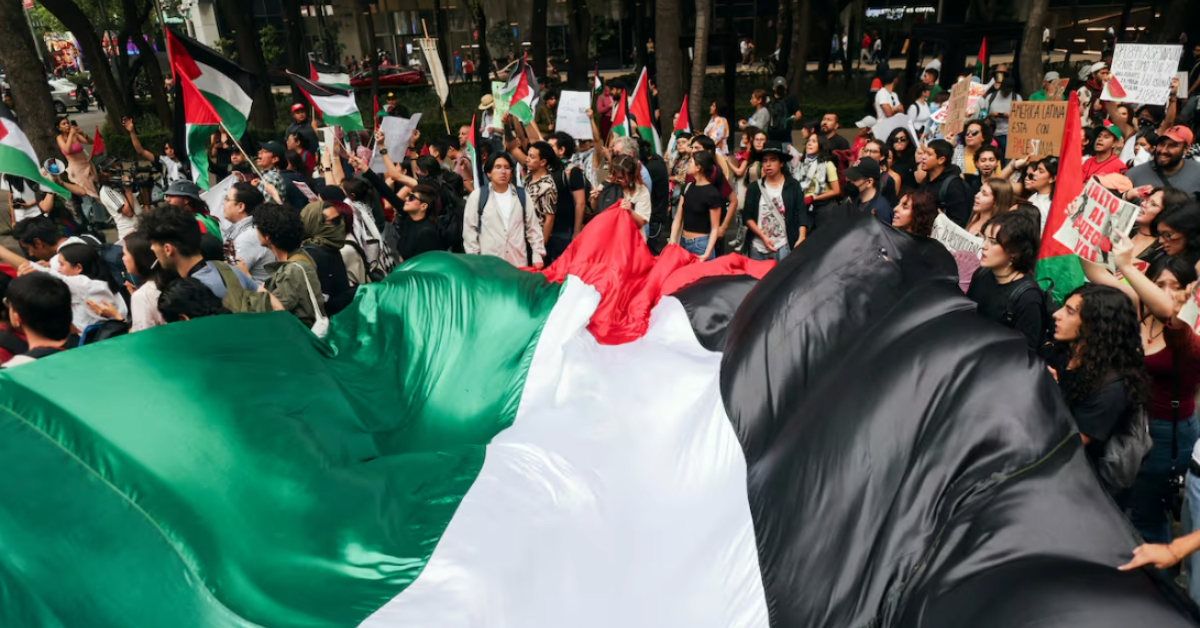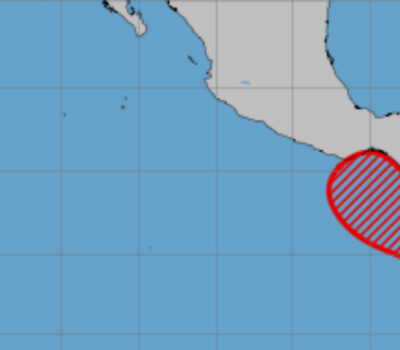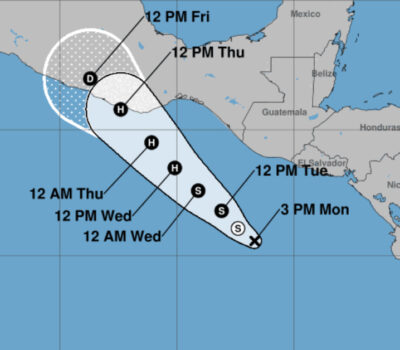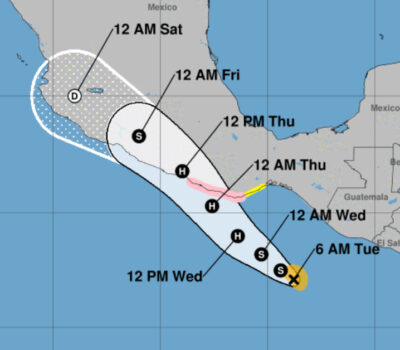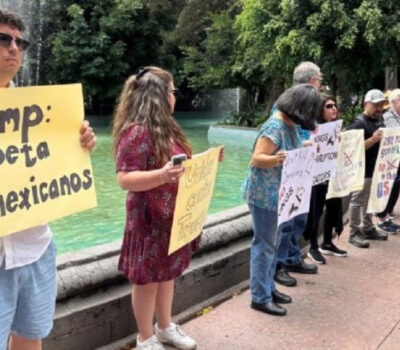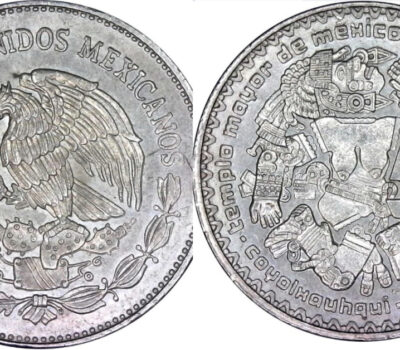Puerto Vallarta, Mexico – Mexico has formally requested to join the ongoing case against Israel at the International Court of Justice (ICJ), where allegations of genocide in the Gaza Strip are being examined. The ICJ made this announcement on Tuesday via an official statement. The initial complaint was filed by South Africa in December, following the outbreak of the conflict initiated by Benjamin Netanyahu’s Government against Hamas in October. Mexico, a signatory of the Convention for the Prevention and Punishment of the Crime of Genocide, aims to present its interpretation of international law principles pertinent to the case.
“Mexico has a very clear legal interest as a signatory of this treaty and what it is doing is communicating to the Court its intention to comply with and enforce the Convention on Genocide,” explained León Castellanos Jankiewicz, an International Law specialist at the Asser Institute in The Hague. Mexico’s Government seeks to clarify how these principles should be applied in the Gaza conflict, emphasizing the Convention’s role in establishing customary international law.
The López Obrador administration has consistently condemned civilian attacks in Palestinian territories while also opposing the terrorist actions that ignited the conflict on October 7. In April, Mexican authorities reaffirmed their commitment to a two-state solution that respects Israel’s security and fosters a viable Palestinian state within secure, internationally recognized borders, in line with international law.
Recent developments have highlighted the human cost of the conflict for Mexico. Last week, the body of Orión Hernández, a Mexican citizen presumed kidnapped by Hamas in October, was discovered. His remains are expected to be repatriated this week, according to the Ministry of Foreign Affairs (SRE). Another Mexican citizen, Ilana Gritzewsky Camhi, was released by Hamas in November.
According to Castellanos Jankiewicz, the ICJ has a structured process for such interventions. “After any State asks to intervene in a case, the Court first consults the parties to the dispute to see what they think; these responses will be weighed by the ICJ, and based on this analysis, they will answer to Mexico whether it can intervene or not,” he said. Following Mexico’s declaration, both Israel and South Africa will need to provide written statements regarding Mexico’s participation.
Earlier this year, Nicaragua requested to join the case as a party to the litigation, and Colombia made a similar statement in April, invoking Article 63 of the Genocide Convention. Libya also submitted a formal request on May 10. Other countries, including Egypt, Maldives, Turkey, Ireland, and Belgium, have expressed interest but have not yet formalized their requests.
At South Africa’s request, the ICJ recently ordered precautionary measures against Israel. The Court mandated an immediate suspension of Israel’s military offensive in Rafah, a strategic location in the southern Gaza Strip bordering Egypt, and called for the maintenance of humanitarian aid corridors. The ongoing conflict has led to severe civilian casualties and displacement, with recent bombings in Rafah causing significant loss of life.
The Court, echoing the concerns of the Mexican Government, has warned of a looming “humanitarian catastrophe” in Gaza. Should the ICJ approve Mexico’s intervention, the country will have the opportunity to present its legal arguments and perspectives on the conflict, although a decision is anticipated to take time.
Puerto Vallarta, Mexico - Mexico has formally requested to join the ongoing case against Israel at the International Court of Justice (ICJ), where allegations of genocide in the Gaza Strip are being examined. The ICJ made this announcement on Tuesday via an official statement. The initial complaint was filed by South Africa in December, following the outbreak of the conflict initiated by Benjamin Netanyahu's Government against Hamas in October. Mexico, a signatory of the Convention for the Prevention and Punishment of the Crime of Genocide, aims to present its interpretation of international law principles pertinent to the case.

